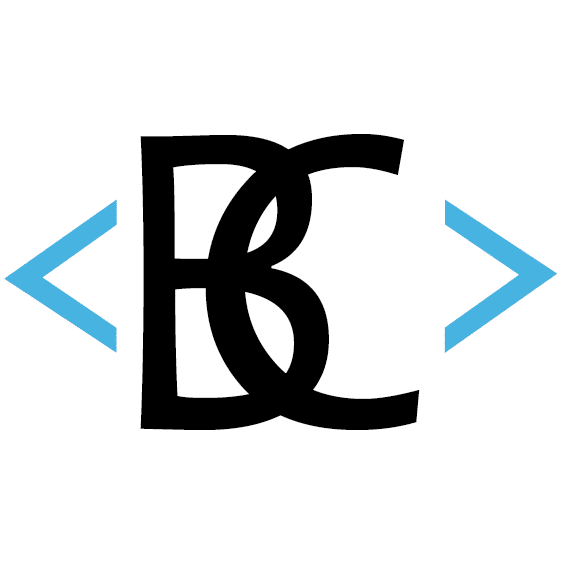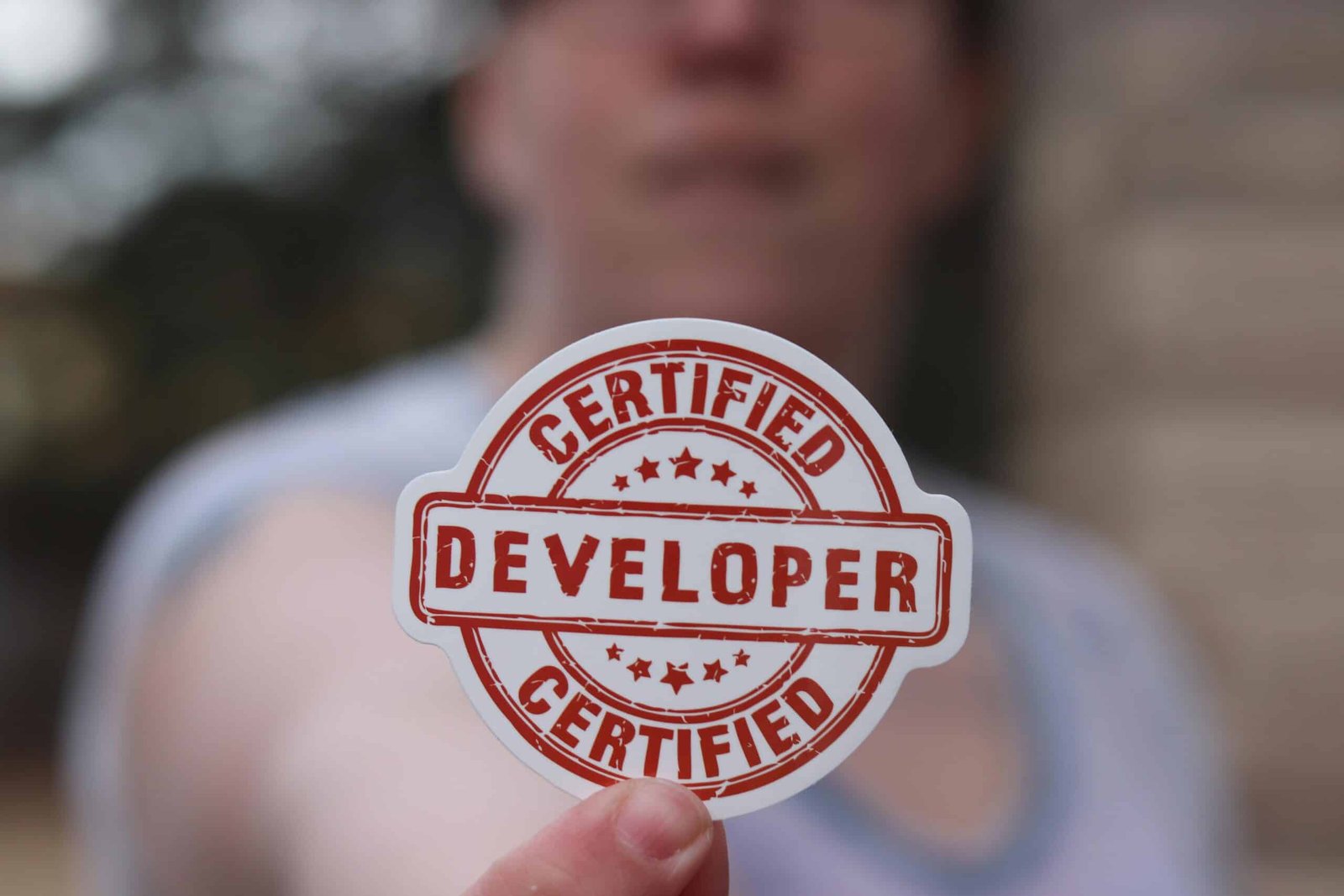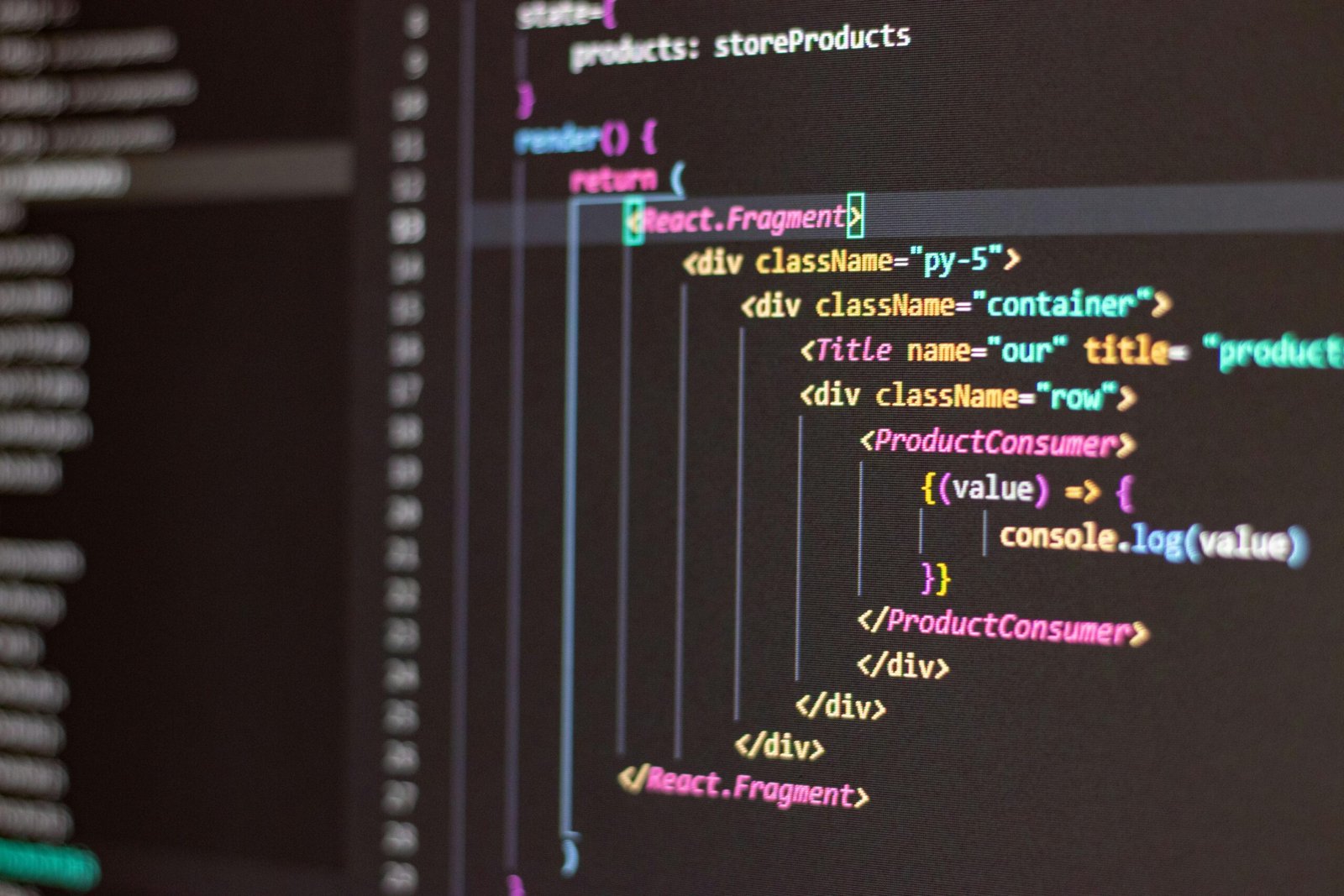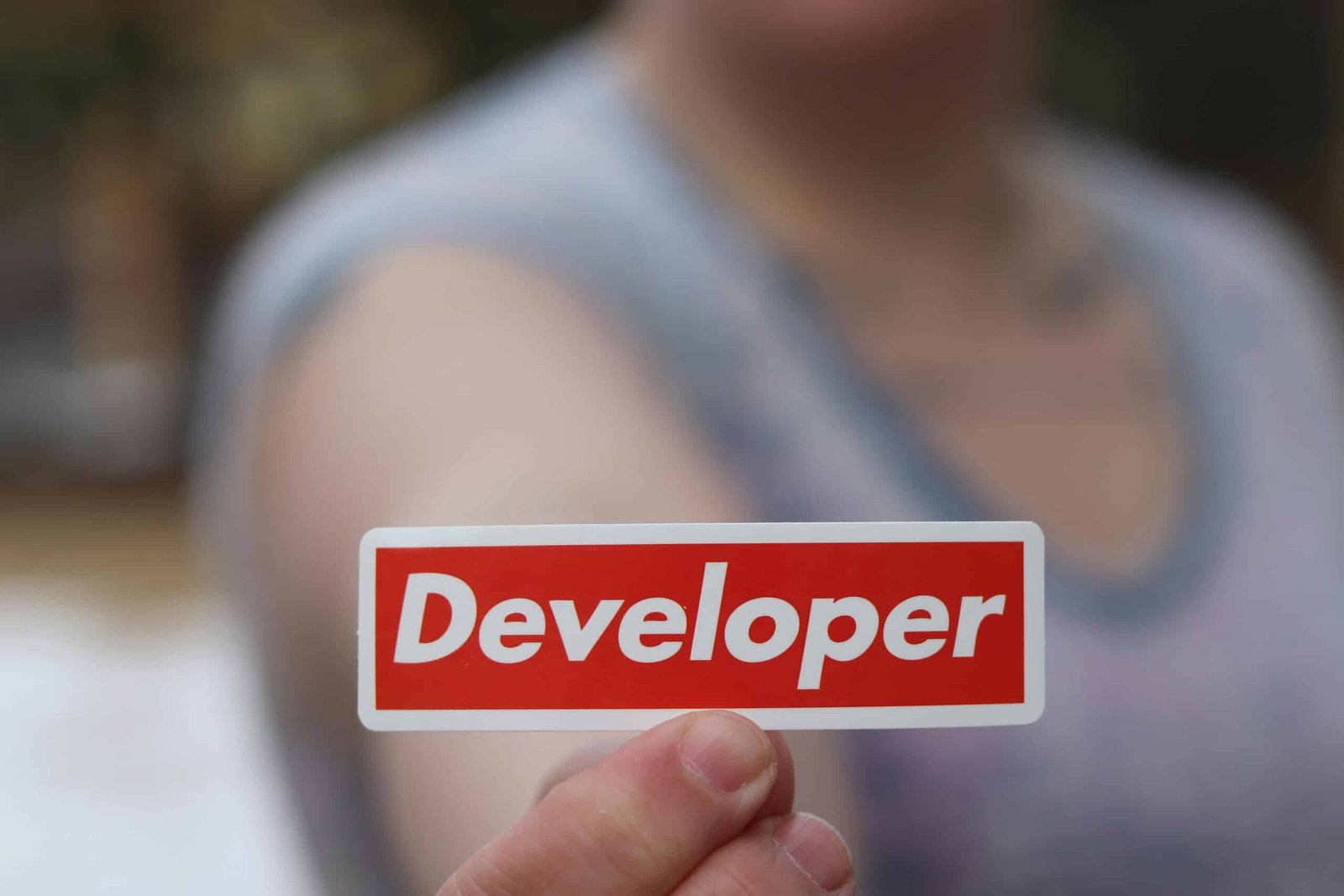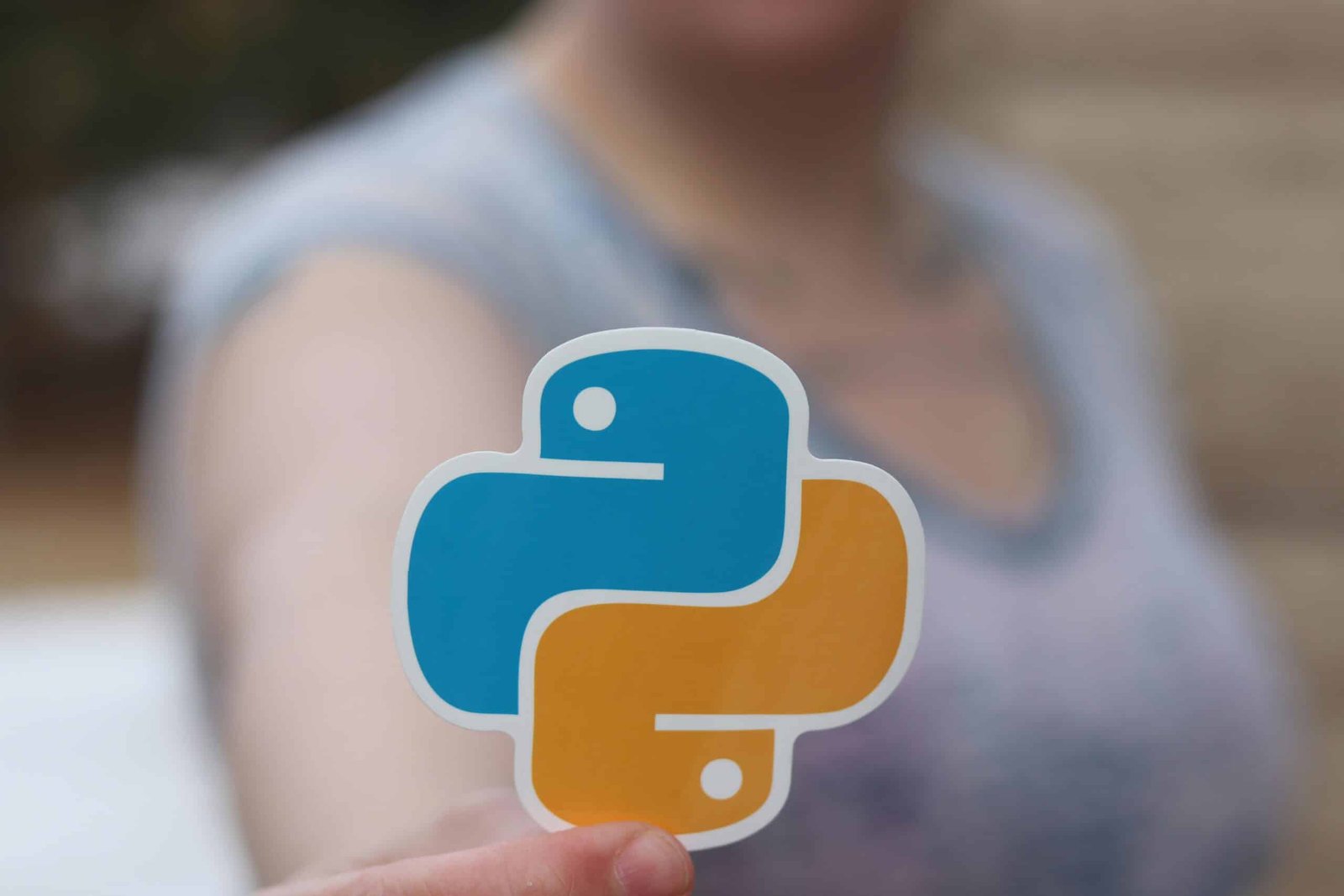In the vast and dynamic field of programming, where every line of code is a brushstroke that paints the canvas of tomorrow's technological landscape, the choice of language can be as daunting as it is crucial. As budding developers venture into the exciting world of software creation, the question of "choosing the right programming language" proves to be the compass that guides their journey. It serves not only as a tool for syntax and semantics, but as the foundation upon which their programming odyssey unfolds, shaping their understanding, problem-solving skills and future possibilities.
Navigating the labyrinthine corridors of programming languages, from the logic-driven fortresses of Python to the streamlined elegance of JavaScript, is akin to choosing the key that unlocks a treasure trove of endless possibilities. Each language, with its different quirks and features, offers aspiring developers a unique path to explore and master. In this blog post, we dive deep into the art and science of "choosing the right programming language" and reveal the criteria, considerations and consequences that underlie this important decision for beginners embarking on the sea of code. Join us on this insightful exploration as we unravel the secrets of successful decoding in the complex world of programming language selection.
Understand the importance of choosing the right programming language
Choosing the right programming language is an important decision for aspiring developers. The programming language you choose can have a significant impact on your learning curve, your career opportunities and your project results. Beginners are often faced with the dilemma of choosing the right language to start programming.
For beginner developers, it is important to assess their goals and the type of projects they want to work on. Each programming language has its strengths and use cases. For example, if you want to develop web applications, languages such as HTML, CSS and JavaScript may be ideal. On the other hand, if you are interested in data analysis, Python might be a suitable choice due to its simplicity and extensive libraries.
In addition, it is also important to consider the demand on the job market for certain languages. Languages such as Java, JavaScript and Python are in high demand in various industries. By choosing a language that matches industry trends, beginners can improve their employment prospects.
In summary, the importance of choosing the right programming language cannot be overemphasized. It lays the foundation for your programming career and can pave the way for a successful career in the technology industry.
Exploring the landscape: Popular programming languages for beginners
For beginners entering the world of programming, **choosing the right programming language** is crucial. Each language offers unique features, so it's important to look around the landscape to find the right language. Among the **most popular programming languages for beginners**, Python stands out for its readability and simplicity. Its tremendous community support and extensive libraries make it an excellent choice for beginners.
Another candidate is JavaScript, which is known for its versatility in web development. Beginners can use it to practice both front-end and back-end development. Ruby, on the other hand, is praised for its beginner-friendly syntax and powerful frameworks such as Ruby on Rails, which are ideal for creating web applications.
Consider your end goals when **choosing the right programming language**. If your focus is on mobile app development, learning Swift for iOS or Java for Android will be beneficial. For data science enthusiasts, mastering R or Python with libraries like Pandas and NumPy is a smart choice.
Ultimately, success in decoding lies in **choosing the right programming language** that matches your interests and career goals.
Criteria for selecting a programming language: What should be considered?
There are several important criteria to consider when **choosing the right programming language**. First, evaluate the **learning curve** of each language. For beginner developers, it is crucial to choose a language with **clear syntax** and good **documentation**. **Community support** is another important aspect to consider. A language with a strong community can provide valuable **resources** and **guidance** as you navigate your way through programming challenges.
In addition, **industry demand** plays an important role in your decision-making process. Research which languages are **in demand** in the job market to increase your **employability** as a developer. Also consider the **project requirements**. Different languages are better suited to certain tasks, so basing your choice on the project requirements is crucial for **efficiency** and **effectiveness**.
Finally, consider your **personal interest** and **long-term goals**. Choosing a language that **matches your interests** can make the learning process more exciting and fun. Keeping these criteria in mind will help you choose the right programming language for your career as a developer.
Syntax and semantics: how they influence language selection
When it comes to choosing the right programming language, it is important to understand the basic concepts of syntax and semantics. Syntax refers to the structure and rules that determine how code is written, while semantics focuses on the meaning behind the code. These aspects strongly influence the choice of language for aspiring developers.
A programming language with clear and intuitive syntax can help beginners understand coding concepts more easily. Similarly, languages with strong semantic foundations help developers write efficient and error-free code. Considering these factors is essential for **successful decoding** in the field of programming.
Furthermore, different programming languages fulfill different requirements. For example, languages such as Python are beginner-friendly due to their readability and simplicity and are therefore ideal for beginners. On the other hand, languages such as C++ offer high performance and are therefore suitable for more complex projects.
If beginners understand the impact of syntax and semantics on **language choice**, they can make informed decisions when starting out in programming.
Community support and resources: A beginner's best friend
As a beginner, it can be daunting to navigate the world of programming, but fear not, as community support and resources will light your way. As you embark on your programming journey, **choosing the right programming language** is crucial. It lays the foundation for your learning experience and future projects.
Support from the community plays a crucial role in this decision-making process. Forums, online communities and meetups offer valuable insights from experienced developers. They can help you **choose the right programming language** based on your interests and goals.
In addition, resources such as tutorials, documentation and online courses offer structured learning opportunities. They help beginners understand the basics and continue their education. Thanks to the wealth of **community support and resources**, beginners have a wealth of knowledge at their fingertips.
Use the community's support and wealth of resources to make informed decisions when **choosing the right programming language**. Remember, the community really is a beginner's best friend along the way.
Insights into the job market: Which languages are in demand?
When gaining insights into the job market, it is important to analyze which languages are in demand. For aspiring developers, choosing the right programming language is a crucial step on the path to a successful career.
In today's job market, languages such as Python, JavaScript and Java are highly sought after by employers. These languages offer versatility and are used in a variety of industries, making developers who are proficient in these languages valuable employees.
Python is known for its simplicity and readability and is often used in the fields of data science and machine learning. JavaScript, the language of the web, is essential for front-end development. Java is often used in enterprise applications due to its robustness and scalability.
If aspiring developers understand the demand for certain languages, they can adapt their skills to market requirements. Staying up to date on trends and emerging languages can give them a competitive edge in the job market. Ultimately, choosing the right programming language is a strategic decision that can pave the way for a rewarding career in the technology industry.
Learning curve: Simple mastery and development of skills
When it comes to choosing the right programming language, beginners often face a steep learning curve. However, with dedication and the right approach, mastering a programming language can be an achievable goal.
To make the **mastery process** easier, beginners should start with languages that are known for their **easy skill development**. Languages such as Python or JavaScript are popular options due to their readability and versatility. They provide a solid foundation for understanding basic programming concepts.
Regular practice and working on projects can significantly boost **skill development**. Creating small applications or websites not only consolidates learning, but also strengthens self-confidence in the practical application of knowledge.
Online tutorials, coding bootcamps and community forums play an important role in **easy learning** of programming languages. Exchanging ideas with experienced developers and obtaining feedback can also speed up the learning process.
By adopting a growth mindset and persevering, beginners can effectively navigate the **learning curve** and set themselves on a successful path to **mastery** in programming.
Project scope and objectives: Coordinate language and application
When you embark on a new project, defining the project scope and objectives is crucial. This ensures that everyone involved is on the same page and working towards a common goal. It is equally important to adapt the language used in the project to the application to be developed.
Choosing the right programming language is an important decision for novice developers. It lays the foundation for the project and can significantly influence its success. When making this decision, consider factors such as project requirements, target group and scalability.
Different programming languages offer different strengths and weaknesses. It is therefore important to adapt the language to the goals of the project. Whether Java for its versatility, Python for its simplicity or JavaScript for web development - each language serves a specific purpose.
By adapting the language to the application, developers can optimize the development process, increase productivity and ultimately successfully decipher the project requirements. A well-founded decision on the programming language sets the course for the success of the project right from the start.
Flexibility and versatility: future-proof your skills
In the ever-evolving technology landscape, the ability to adapt and evolve is critical to future success. **Flexibility and versatility** are key components to **future-proofing your skills** in the fast-paced world of programming. For aspiring developers, **choosing the right programming language** is the first step to a successful career in technology.
When exploring the world of programming, it's important to consider the **flexibility** of a programming language. Opt for languages such as Python or JavaScript, which offer diverse applications on different platforms. This **versatility** will ensure that your skills remain relevant and in demand for years to come.
To **future-proof** your programming skills, focus on learning languages that are not only popular today, but also have the potential to grow in the future. By **choosing the right programming language** at the beginning of your journey, you are setting yourself up for success and opening doors to endless opportunities in the ever-changing technology industry.
Conclusion: How to pave your way to programming success
Choosing the right programming language is a crucial step for aspiring developers on the road to programming success. The programming language you choose can significantly affect your learning curve and your overall progress in the field.
Before delving into a programming language, consider factors such as your end goals, the type of projects you want to work on, and the resources available to learn that language. Read up on different programming languages and their applications to find out which one best suits your goals.
When choosing a programming language, also consider the demand for developers who are proficient in that language. Choosing a language that is widely used and in demand can improve your job prospects and career growth.
Also, don't be afraid to experiment with different languages to find the one that suits you best. Learning multiple languages can expand your skills and make you a more versatile developer in the long run.
By making an informed decision about the right programming language, you are ready for a successful journey into the world of programming.
